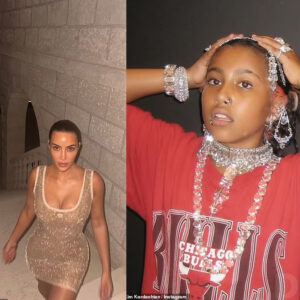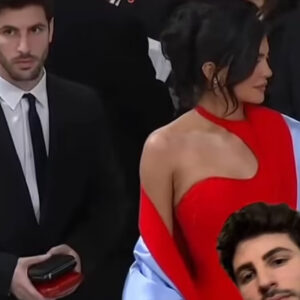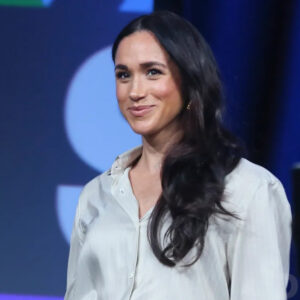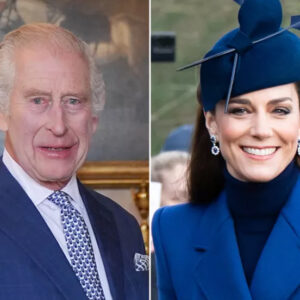“Diving Into the Backstories of Rihanna, Kendall Jenner, and Johnny Depp: Unpacking Cultural Appropriation in Advertising and Marketing”
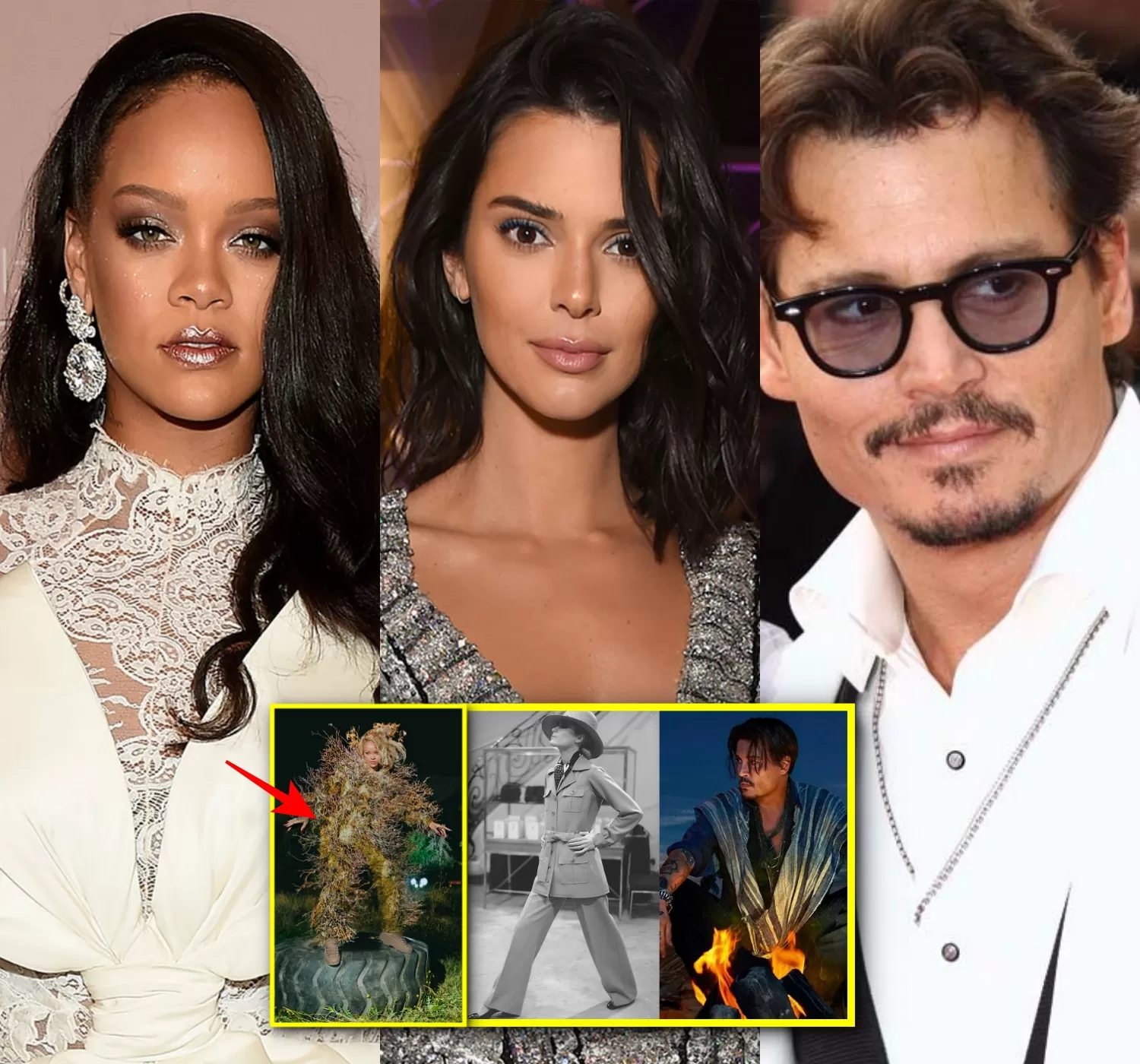
In today’s globalized world, cultural appropriation in advertising and marketing has become a contentious issue, often sparking debates about representation, authenticity, and the ethical responsibilities of brands and influencers. Rihanna, Kendall Jenner, and Johnny Depp are just a few examples of celebrities who have found themselves embroiled in controversies surrounding cultural appropriation in their campaigns and endorsements.
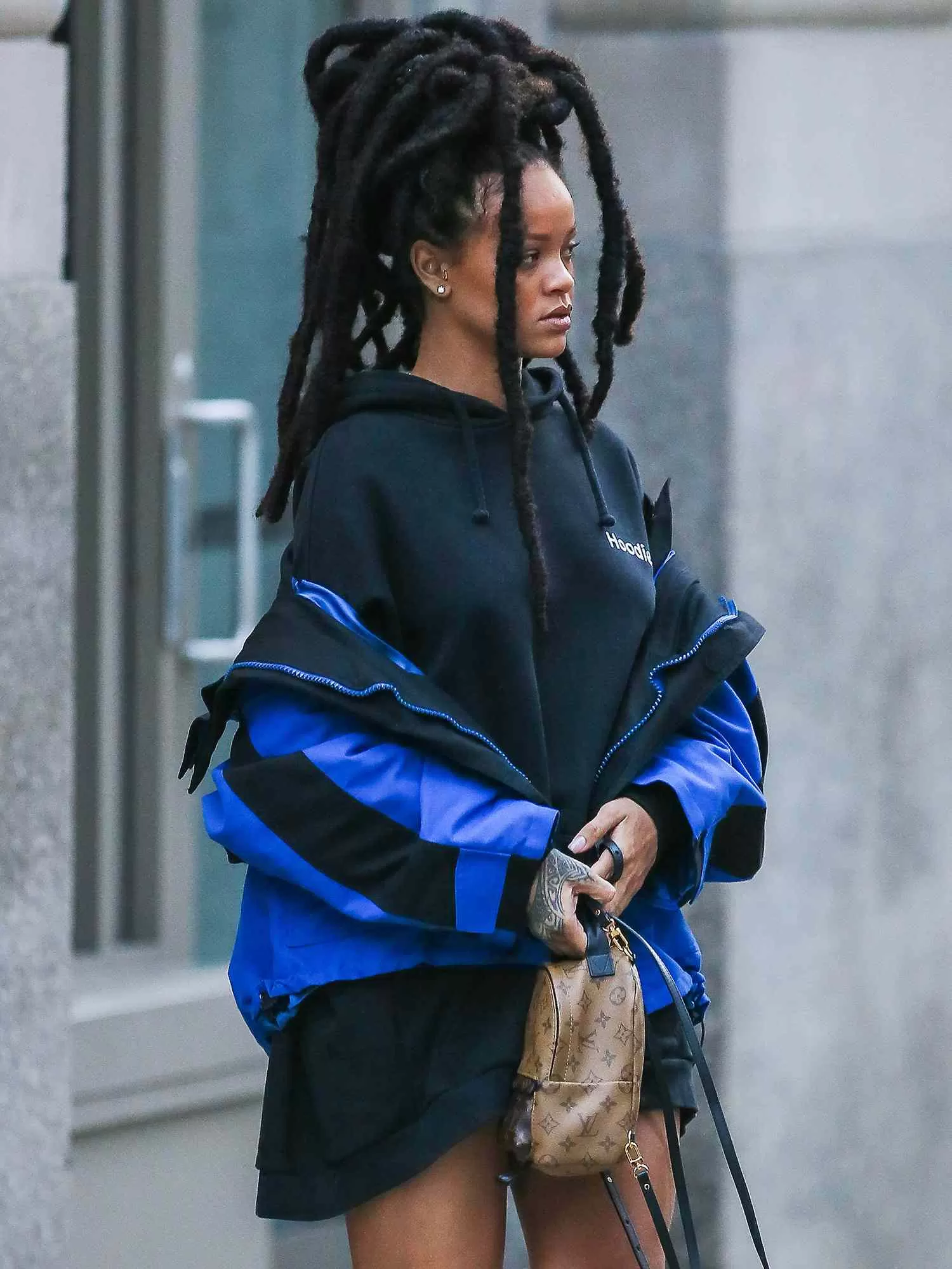
Rihanna, known for her groundbreaking music and successful ventures in fashion and beauty, has faced criticism for her Fenty Beauty line’s use of cultural motifs and imagery without proper acknowledgment or respect for their origins. Despite her immense popularity and influence, Rihanna has been called out for appropriating elements of various cultures, particularly those of marginalized communities, for commercial gain.
Similarly, Kendall Jenner, a prominent figure in the fashion industry and a member of the Kardashian-Jenner clan, has been accused of cultural appropriation in her modeling career and brand collaborations. From sporting hairstyles traditionally associated with Black culture to participating in campaigns that tokenize or exoticize other cultures, Jenner’s actions have sparked debates about the boundaries between appreciation and appropriation in the fashion world.

Johnny Depp, known for his versatile acting roles and iconic performances, has also faced scrutiny for his involvement in advertising campaigns that commodify cultural symbols and stereotypes. Whether it’s portraying Native American imagery in a perfume commercial or donning attire associated with Indigenous cultures in fashion shoots, Depp’s actions have raised questions about the responsibility of celebrities to educate themselves and respect the cultures they represent.
In the realm of advertising and marketing, the line between homage and exploitation can often be blurred, leading to unintended consequences and backlash from consumers and communities affected by cultural appropriation. As brands and influencers navigate these complex issues, there is a growing call for greater diversity, inclusion, and cultural sensitivity in all aspects of advertising and marketing to ensure that diverse voices and perspectives are authentically represented and respected.
Relative Articles
None found
